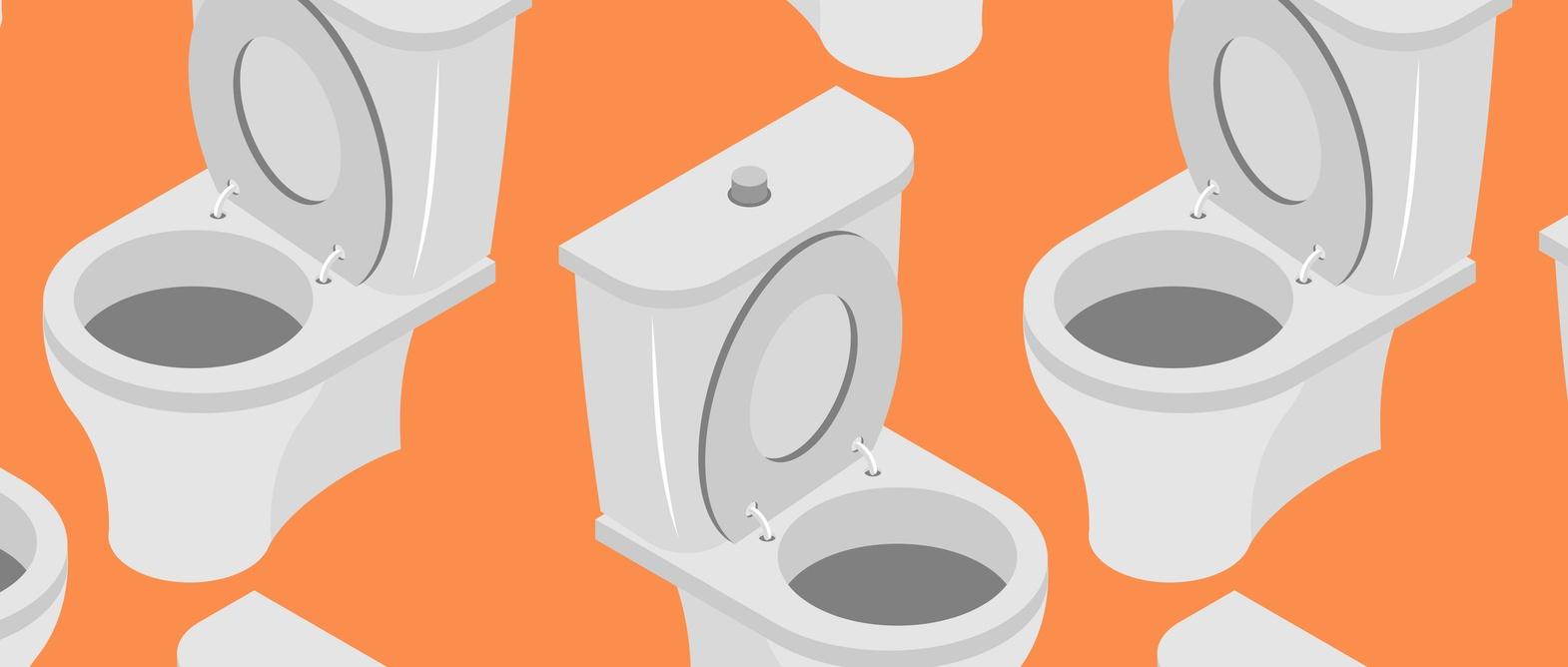
Why you need to look after your pelvic floor
Peer reviewed by Dr Hayley Willacy, FRCGP Last updated by Dr Sarah Jarvis MBE, FRCGPLast updated 31 Oct 2017
Meets Patient’s editorial guidelines
- DownloadDownload
- Share
- Language
- Discussion
Ladies, let me introduce you to your pelvic floor. Tucked away between your legs, it keeps everything in place and stops that awful sensation of 'something dropping out'. Only sometimes, it doesn't - and that's when you need help
In this article:
Continue reading below
Where is it?
Put your thumbs on your hip bones and reach your fingers backwards until they touch behind your spine (or as close as you can get). Now keep your thumbs on your hip bones and turn your fingers round to point in a forwards V at the front. That's the top of your pelvic bone. Inside your pelvis is your pelvic cavity, which holds your bladder, your womb and the end of your bowel. It's all held in place underneath by your pelvic floor, which holds it up against gravity.
What is it?
Your pelvic floor is shaped like a funnel and made up of muscles and tough connective tissue. If it is weakened, you can have stress incontinence and prolapse of your womb or back passage. We all know that childbirth can take its toll on your body - and many women have discovered to their cost that that includes an impact on their pelvic floor. But in fact, it's not just childbirth that can weaken these muscles. After the menopause, lack of the female hormone oestrogen means your body's tissue become less springy. That means the ring of muscle that keeps your bladder neck shut and stops you passing urine when you don't want to, is weakened.
Continue reading below
What happens when things go wrong?
Stress incontinence is the most common form of incontinence. Millions of UK women - perhaps as many as 1 in 3 over-40s - suffer from urine leaks when they cough, sneeze, laugh, run or jump. Drugs don't work here - but there is still help available.
First, don't be embarrassed to see your doctor. They'll be keen to help, but they can't tell you what's available unless they know you have a problem. First step will almost certainly be pelvic floor exercises. Done in the right way several times a day, they may take a few months but they can often cure your problem. Ideally, get a referral to a specialist physiotherapist who can help you locate and work on your pelvic floor muscles. They can significantly help 7 or 8 out of 10 women.
Many women gain long-term relief from a vaginal pessary. There are several different options, all of which can be fitted in minutes and more of which stay in place for 6-12 months before changing.
Surgical solutions
If none of these does the trick, your doctor can refer you to a specialist to discuss surgery to lift and strengthen your pelvic floor. As with pessaries, there is a wide variety of surgical procedures. Many of them, however, involve inserting a vaginal mesh which (until recently) was popular with surgeons on the basis that it provided extra support and reduced the risk of prolapse returning. However, it's becoming increasingly clear that some women can experience serious complications if the mesh erodes through into nearby tissues, so some forms have been banned and others are only carried out under strict controls.
Continue reading below
How can I help myself?
There are lots of other steps you can take to give your pelvic floor a hand:
Keep your weight down. Excess weight means extra fat in your tummy pushing down on your bladder and pelvic floor.
Keep it regular. Straining to open your bowels can weaken your pelvic floor, making you more prone to leaks. Up your intake of fibre and drink enough fluids.
Quit now! Smoking makes you cough and - you've guessed it - that puts more pressure on your pelvic floor by suddenly increasing the pressure inside your tummy cavity.
Make mine a small one. Alcohol is a diuretic, which increases the urge to pass urine and the risk of losing control.
Don't stint on the other drinks. Non-alcoholic fluid (including coffee and tea) helps keep you hydrated. Limiting your fluid for fear of accidents can actually make matters worse, as it reduces your bladder's ability to hold fluids.
Be prepared. If you do have stress incontinence, make sure you buy products that are designed for bladder leaks. Sanitary pads are great for periods but they're not designed for urine leaks that come all at once. Products for sensitive bladder are designed for all levels of leaks, and can keep you fresh and free from embarrassment.
Step it up. Regular exercise helps keep your weight down and strengthens all your muscle. But avoid jumping or 'stomach crunch' exercises, which cause sudden pressure on your pelvic floor.
With thanks to 'My Weekly' where this article was originally published.
Patient picks for Urinary tract infections and symptoms

Kidney and urinary tract
Will a UTI go away on its own?
Urinary tract infections, also known as UTIs and bladder infections, are a common health issue, particularly for women, and can recur with frustrating frequency. We asked a urologist whether it's safe to let a UTI 'run its course', or if antibiotics are always the best treatment.
by Sally Turner

Kidney and urinary tract
Why you constantly need to pee
The constant urge to pee, can affect anyone at any age it can last for life and there is no one-size-fits-all solution. In this feature we look at what might be causing your urge and what you can do about it.
by Victoria Raw
Continue reading below
Article history
The information on this page is peer reviewed by qualified clinicians.
31 Oct 2017 | Latest version

Ask, share, connect.
Browse discussions, ask questions, and share experiences across hundreds of health topics.

Feeling unwell?
Assess your symptoms online for free
Sign up to the Patient newsletter
Your weekly dose of clear, trustworthy health advice - written to help you feel informed, confident and in control.
By subscribing you accept our Privacy Policy. You can unsubscribe at any time. We never sell your data.